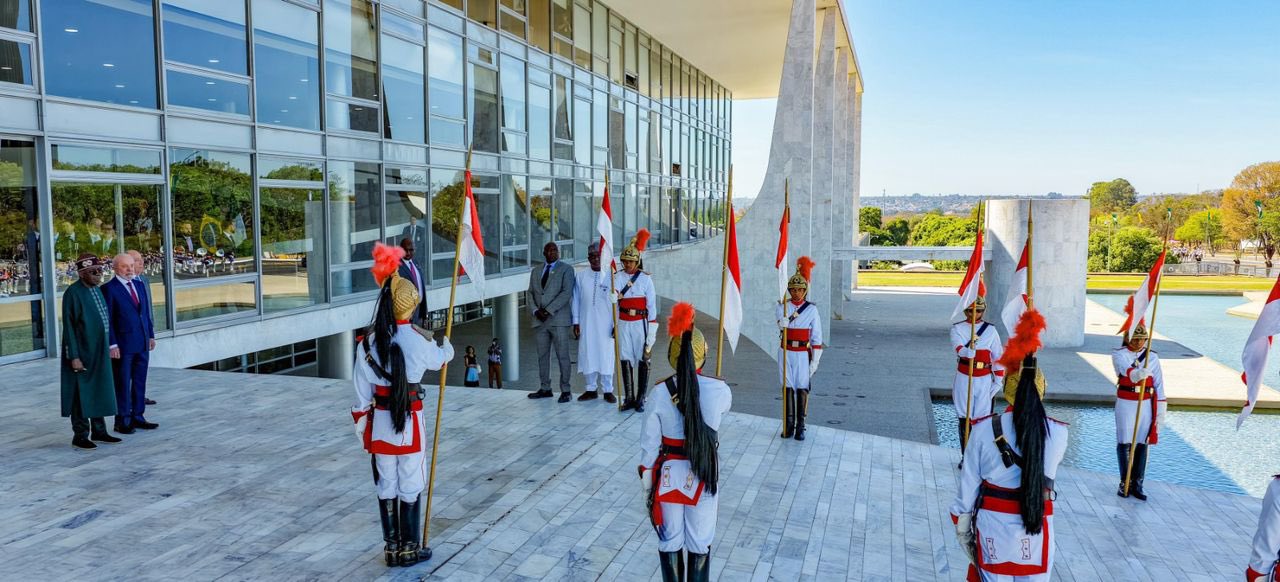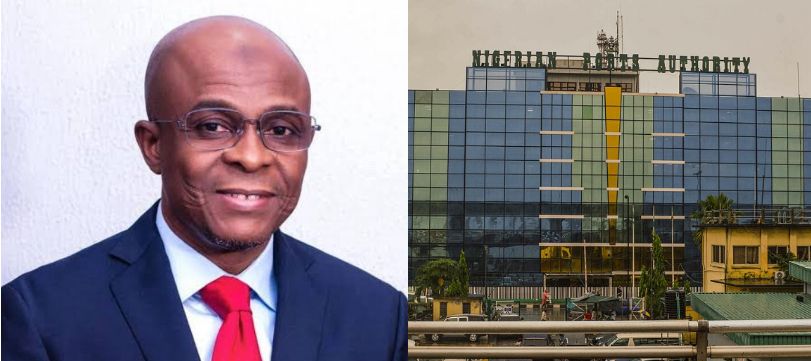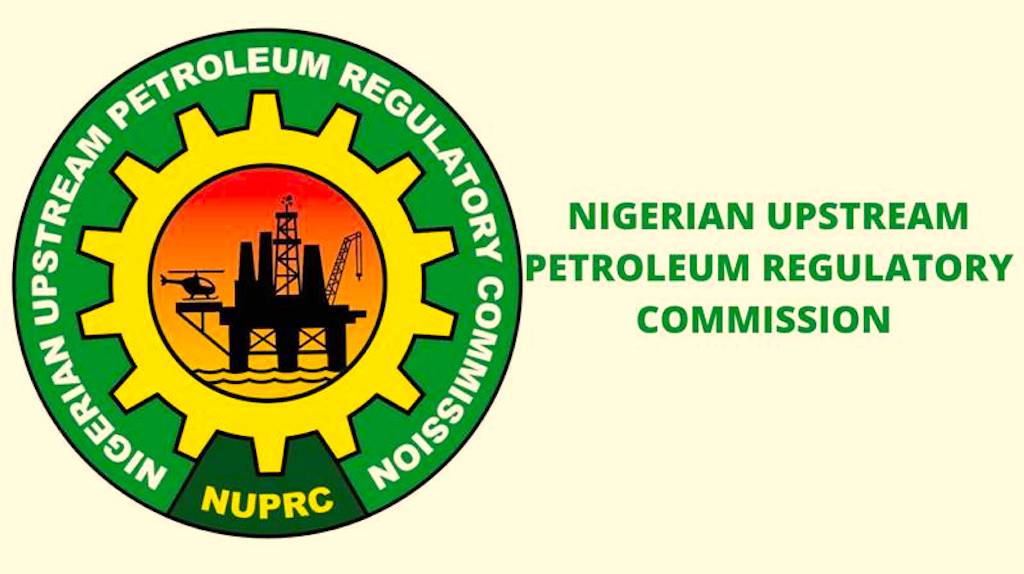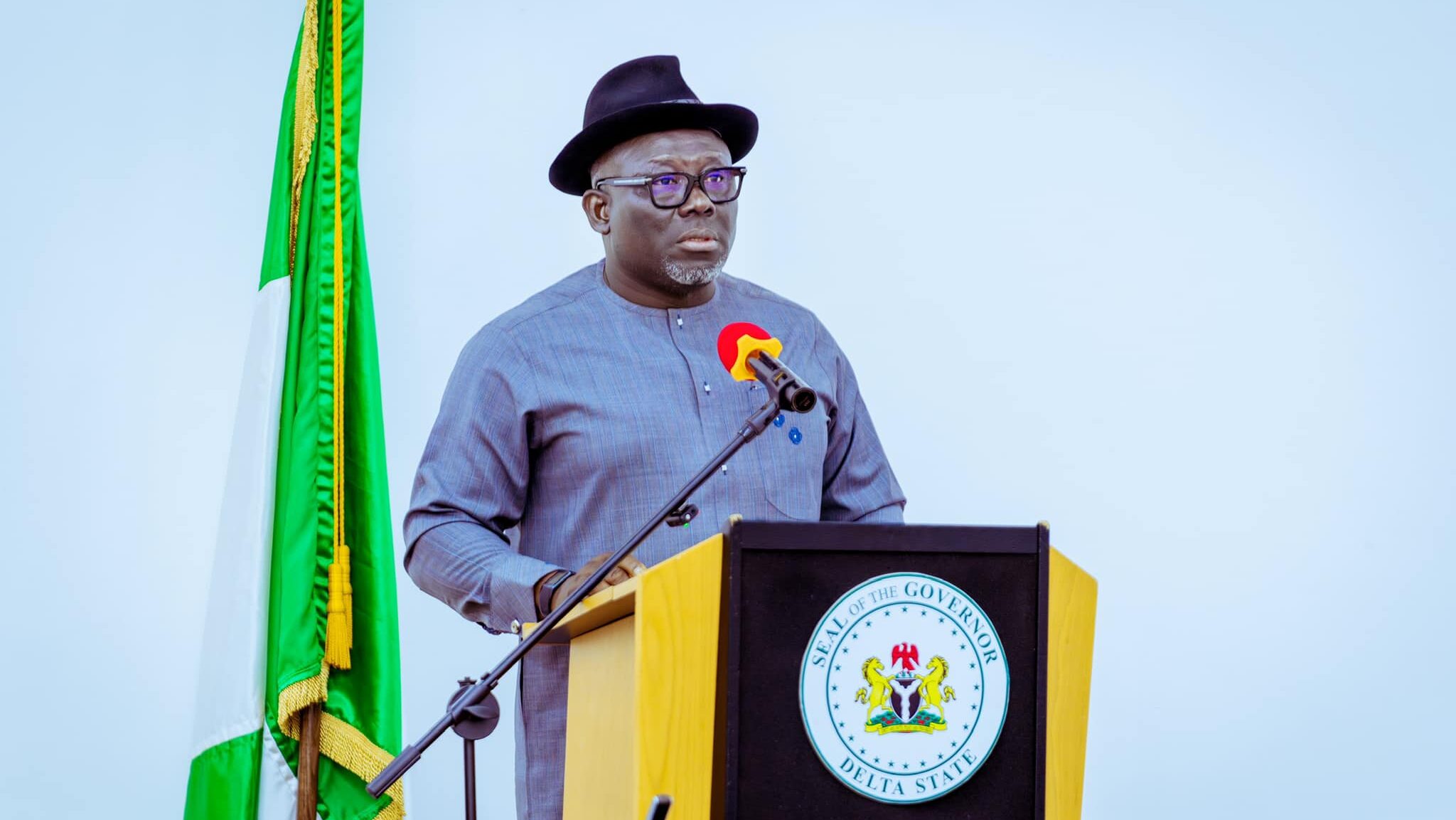The Advocate
By Onikepo Braithwaite
Onikepo.braithwaite@thisdaylive.com
Responses to my Last Week’s Piece
The responses I got to my last week’s piece, were overwhelming. If I had to publish all the “Dear Editor” responses I received, there wouldn’t be any space to write anything else. People seized the opportunity, to share quite a few stories concerning the unethical behaviour of some senior Lawyers. Consequently, the sum and substance of the responses is that, the NJC, for the Judiciary, LPDC and LPPC, for the Lawyers, must adopt a no-nonsense approach with respect to the discipline of erring Judicial Officers and Lawyers respectively, as the “consequences of no consequences” is more unethical, bad, and maybe even criminal behaviour. A foolproof system must also be put in place, to prevent the suppression of petitions before they reach the disciplinary body.
If we want to sanitise our profession, we must expose wrongdoers, name and shame them, and ensure that they are disciplined for bad behaviour. In the last few days, for those who have laid complaints about the inappropriate behaviour of Lawyers to me, actions that have breached the Rules of Professional Conduct for Legal Practitioners 2023 (RPC) and therefore, the Legal Practitioners Act LFN 2004 (LPA), some even criminal, direct your complaints to the appropriate quarters, the Police or EFCC where necessary, petition the LPDC and LPPC forthwith, and pursue your petitions to the logical end.
Unfortunately, it is possibly because of sharp practices by some unscrupulous Lawyers, that it appears that outsiders such as the DSS have been invited to screen Candidates shortlisted to be elevated to the rank of Senior Advocate of Nigeria (SAN) – see Section 23(2) of the 2022 Guidelines for the Conferment of the Rank of SAN (Guidelines). This started from the 2023 exercise; one wonders why it has just become an issue of contention now.
SSS/DSS
The DSS, though not mentioned therein, we are told is the nickname of the SSS, whose establishment statute is the National Security Agencies Act 2004 (NSA Act)(see Section 1(a)-(c) of the NSA Act). In my humble opinion, the NSA Act should be amended, firstly, to include the DSS in whatever relation it is to the SSS; and secondly, to expressly provide for the different levels of its screening functions, if this is the role that it is also to play, particularly when this screening function is not limited to internal security matters only, and concerns background checks for appointments, and now, SAN Shortlisted Candidates. The scope of the SSS screening function for any position whatsoever, be it for Minister or the Judiciary or wherever, is ultra vires the functions of the SSS set out in Section 2(3)(a)-(c) of the NSA Act, which concerns matters of the internal security of Nigeria only.
The DSS also investigates educational qualifications and credentials, financials, moral character, family, reputation, and does security and regulatory checks. In SSS v Wechie (2021) LPELR-55956 (CA) per Paul Obi Elechi, JCA, the Court of Appeal held that “under the National Security Agencies Act LFN 2004, the law empowers the Respondent (SSS) to detect crimes against the State, and to preserve and protect the internal security of Nigeria with strict adherence to the rule of law”. Also see APC v IGP & Anor (2021) LPELR-54846(CA) per Obietonbara Owupele Daniel-Kalio, JCA. The mandate of the SSS, is clear and unambiguous.
Akinboro, SAN’s Statement
My attention was drawn to a statement made by Olumuyiwa Akinboro, SAN, a past General Secretary of the Nigerian Bar Association (NBA), denouncing the requirement of those to be elevated to the rank of SAN, to go through such DSS screening. The learned Senior Advocate stated inter alia, that the rank of SAN isn’t a political appointment nor an executive privilege, but a professional recognition. This is correct. Moreover, the process of elevation to the rank of SAN is governed by the LPA, which has set out the criteria that candidates must meet in vying for the rank. The learned Senior Advocate is also of the view that: “To subject this process to external security vetting after rigorous scrutiny has already been undertaken by the LPPC, is an intrusion that undermines both the independence of the profession and the sanctity of due process”. This is arguable. He then states thus: “If we allow institutions outside the profession to insert themselves into its core processes without legal basis…”. Section 23(2) of the Guidelines provides for the intervention of the ICPC/EFCC/SSS – to check that none of the candidates has any petition, investigation, prosecution or conviction. The outsiders didn’t insert themselves into the process, it appears that they were invited by the LPPC/Guidelines.
If some of the SANs had been rigorously scrutinised, maybe they wouldn’t have been elevated to the rank in the first place, as unethical or criminal tendencies may have been discovered by the SSS or other agencies, and revealed to the LPPC for their attention. While I understand that on the face of it, it looks like an intrusion on the part of the Executive into a strictly legal profession process, as long as the SSS or their agencies’ reports will not be the determinant for elevation, but simply serve as detailed summaries of the candidates’ character and dealings which would assist the LPPC in deciding if a candidate is fit, proper and has the requisite integrity to be elevated, should it be a problem?
The fear expressed by some however, is that 1) SSS reports are not always accurate or unimpeachable; 2) the SSS can be infiltrated by the Executive, as an inroad into having control over who is elevated to the rank of SAN, politicising something that is a professional accolade; and 3) the intrusion of the SSS can lead to an abuse of the SAN Conferment process. This argument is certainly tenable. However, should there be a negative report submitted by the SSS against a Candidate, the LPPC is obliged to give such Candidate fair hearing, by allowing them to defend themselves and responding to any allegations contained in such reports (see Section 36(1) of Nigeria’s 1999 Constitution).
Another side of the argument is, how much scrutiny of the shortlisted Candidates does or can the LPPC do, not being an investigative body in the true sense of the word? Maybe it is in recognition of this limitation, that the LPPC, under the immediate past CJN, called in the ICPC/EFCC/SSS for assistance in this regard. The mandate of these agencies is clear, in relation to SAN screening. Should such checks not be done?
During the SAN selection process, when the Candidates are shortlisted, the shortlist is published in several newspapers with a call to the public for petitions against the shortlisted Candidates, if any. Is this not also the inclusion of outsiders, into the process? It is also a way of gathering the type of information, sought from the SSS-type screening. If there are no petitions, not because the Candidates have no skeletons in their cupboards, but because people may not have read the call for petitions, or are simply afraid to append their names to such petitions for fear of reprisals, this doesn’t mean that all the Candidates have the requisite integrity to be elevated to the rank; it simply means people didn’t come forward, as they should have. If, at this point, the SSS or EFCC also does the background checks and submits the reports on the shortlisted Candidates to the LPPC for their attention, and just like the public petitions, the LPPC has the last word on the reports, not the SSS, should it be a problem, particularly if Candidates are given a right of fair hearing?
A few years ago (before the advent of the ICPC/EFCC/SSS screening), after the shortlisted SAN Candidates were published with a call for petitions in the newspapers, some members of the public that had issues with some of them submitted petitions to the LPPC. Despite the strong and worrying allegations in some of the petitions, the LPPC of that time, still went ahead to place the Candidates on the final list of successful SAN Applicants. It was only after the Petitioners published their petitions in the newspapers, thereby placing their allegations in the public domain for all to see, that the LPPC considered those petitions and took the appropriate actions. At the time, some people argued that maybe the members didn’t see the petitions; but, with a clearcut security screening process in place, no one can claim ignorance of law enforcement agency reports.
Additionally, the LPPC comprises of SANs and Justices who may be adept in assessing the applications of Candidates with regard to their professional qualifications and legal work, but do not have the requisite information gathering tools to obtain details that will assist in the assessment of the honesty, integrity and record of Candidates. This is not to say that it is everybody who isn’t found wanting by the SSS screening, that turns out to be incorruptible and fit for purpose on the job, certainly not; but, the detailed background checks keep the LPPC better informed, about the Applicants they are examining.
The Law
Last year, one of our contributors wrote an article titled “Are the 2022 Guidelines for the Conferment of SAN Valid?”. He said of the Guidelines: “that they bear the imprimatur of the (then) Chief Justice of Nigeria (who is admittedly the Chairman of the Privileges Committee), is problematic…..to the extent that the Committee consists of 15 members…..by virtue of Section 27(2) of the Interpretation Act, they should have been executed under the hand of….at least 2 members of the Committee. This was not the case, as the Guidelines clearly show on its face that only Hon. Chief Justice Ariwoola executed it. I submit that, this suffices to invalidate the Guidelines”. His submission was that the Guidelines are irregular; however, this can be rectified.
But, the LPA which is the enabling legislation for the Guidelines and principal legislation governing the SAN Conferment Process, doesn’t provide for ICPC/EFCC/SSS involvement in it. In Osadebay v AG Bendel State (1991) LPELR-2781(SC) per Adolphus Godwin Karibi-Whyte, JSC, the Supreme Court held thus: “The rationale for an enabling or parent legislation, is to give validity to the subsidiary legislation”. Also see the case of Odeneye v Efunuga (1990) LPELR-2208(SC) per Adolphus Godwin Karibi-Whyte, JSC. Furthermore, in Osadebay v AG Bendel State (Supra) per Philip Nnaemeka-Agu, JSC, the Supreme Court held thus: “So, quite apart from the general principle of law that a dependent or subordinate legislation can have no wider binding or effective force than the paramount law which gives it force….”. In Famfa Oil v AGF & Anor (2007) LPELR-9023(CA) per Umaru Abdullahi, JCA, the Court of Appeal held that “It is the law that subsidiary legislations must conform with the principal law, which provided the source of their existence”. The Guidelines, whether regular or not, at best, is a subsidiary legislation which derives its powers from the LPA; can such provision for external screening of SAN Candidates outside or not in conformity to the provisions of the LPA, the principal legislation, stand?
Conclusion
It appears that there are arguments for and against the inclusion of these law enforcement agencies, into the SAN Screening exercise. Presently, the governing legislation doesn’t appear to support it, as it isn’t provided for in the LPA; the Guidelines is subsidiary, and cannot supersede or overrule the LPA.
There is a need for the amendment of the NSA Act, the LPA and Guidelines, to properly accommodate this screening issue, if it should stand properly. It is important to note that, it was the LPPC under the former CJN that invited these law enforcement agencies into the SAN Conferment process, and so, though Lawyers have argued that the LPPC can be strengthened to perform background checks more effectively, maybe the LPPC who are in a better position to make this call since they are responsible for the process, realise their limitations in this regard. For one, the law may allow these law enforcement agencies to have access to certain information that the LPPC cannot; they are also well trained to keep such information confidential since this is part of their job description, while the LPPC isn’t – membership of the LPPC is even tenured, meaning it changes from time to time. My dear colleagues, kindly, share your thoughts on this.
The post Sharp Practices, DSS and SAN Screening appeared first on THISDAYLIVE.




